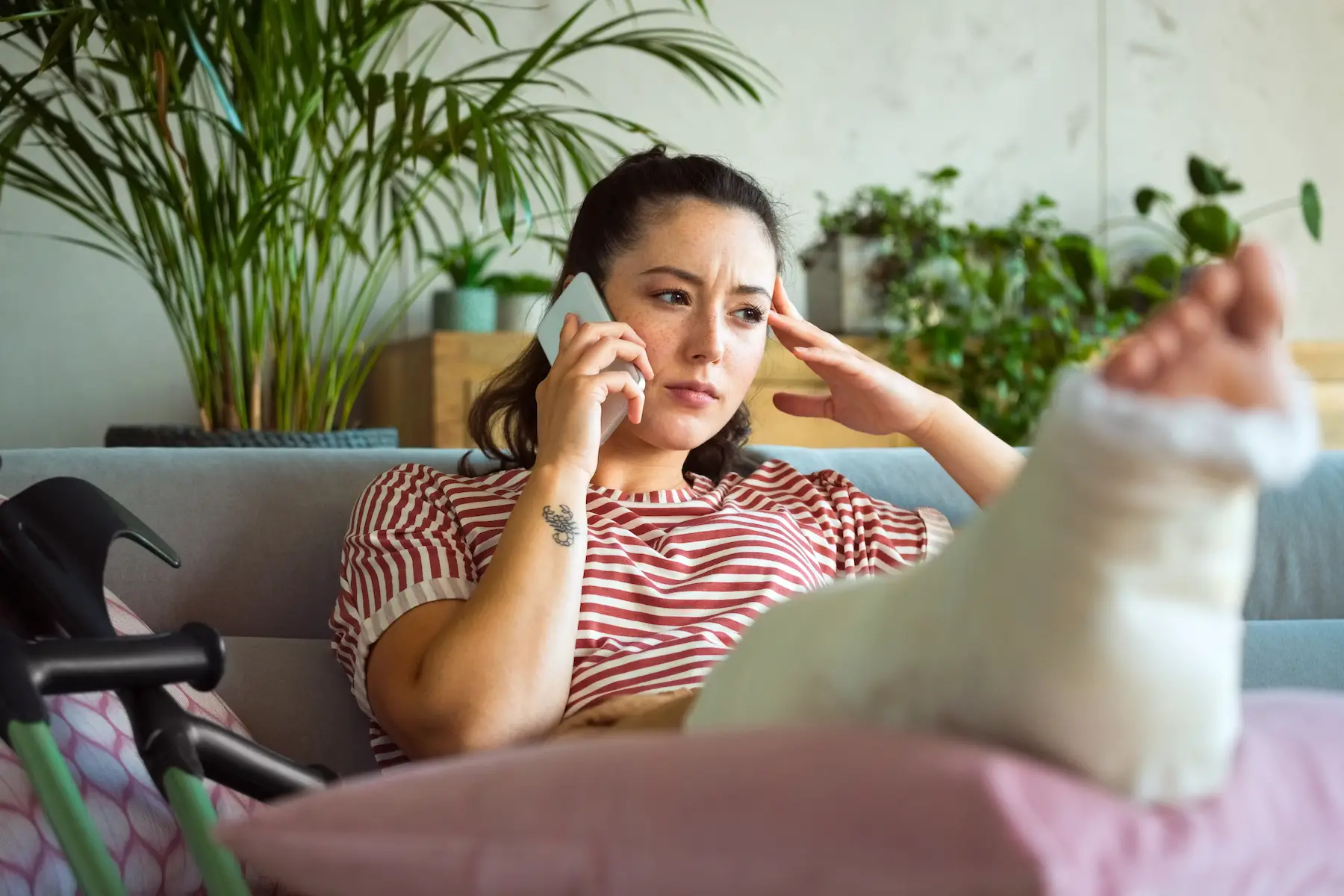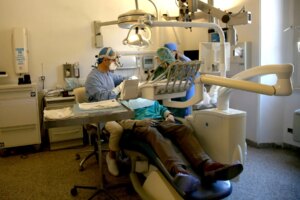Among expat parents’ most pressing concerns is how they will find healthcare for their child when moving abroad. Between a different language, customs, and healthcare systems, it can feel overwhelming to navigate a new country’s medical space.
Fortunately, with enough preparation, you will understand all you need to know about children’s healthcare in Italy. We review the fundamentals of Italian pediatric healthcare – from insurance to dentists to preventative care.
- Children’s healthcare in Italy
- How to access healthcare in Italy for your children
- Taking your child to an Italian pediatrician
- Taking your child to see an Italian doctor or specialist
- Children’s hospitals in Italy
- Children’s dental care in Italy
- Italian mental healthcare
- Preventative healthcare programs for children in Italy
- Useful resources
Cigna Global
Enjoy peace of mind while living in Italy with Cigna Global’s long-term international health insurance plans (12+ months). Get tailored coverage, direct billing with many providers, complex case management, and global care on demand, with access to a network of 1.5+ million doctors, specialists, and therapists.
Children’s healthcare in Italy
Italy has a universal healthcare system organized through the National Health Service (Servizio Sanitario Nazionale – SSN) that covers all citizens and legal residents. You’ll need a health card (tessera sanitaria – TS) to access it. Children’s healthcare in Italy is part of the public healthcare system, which most Italians use.
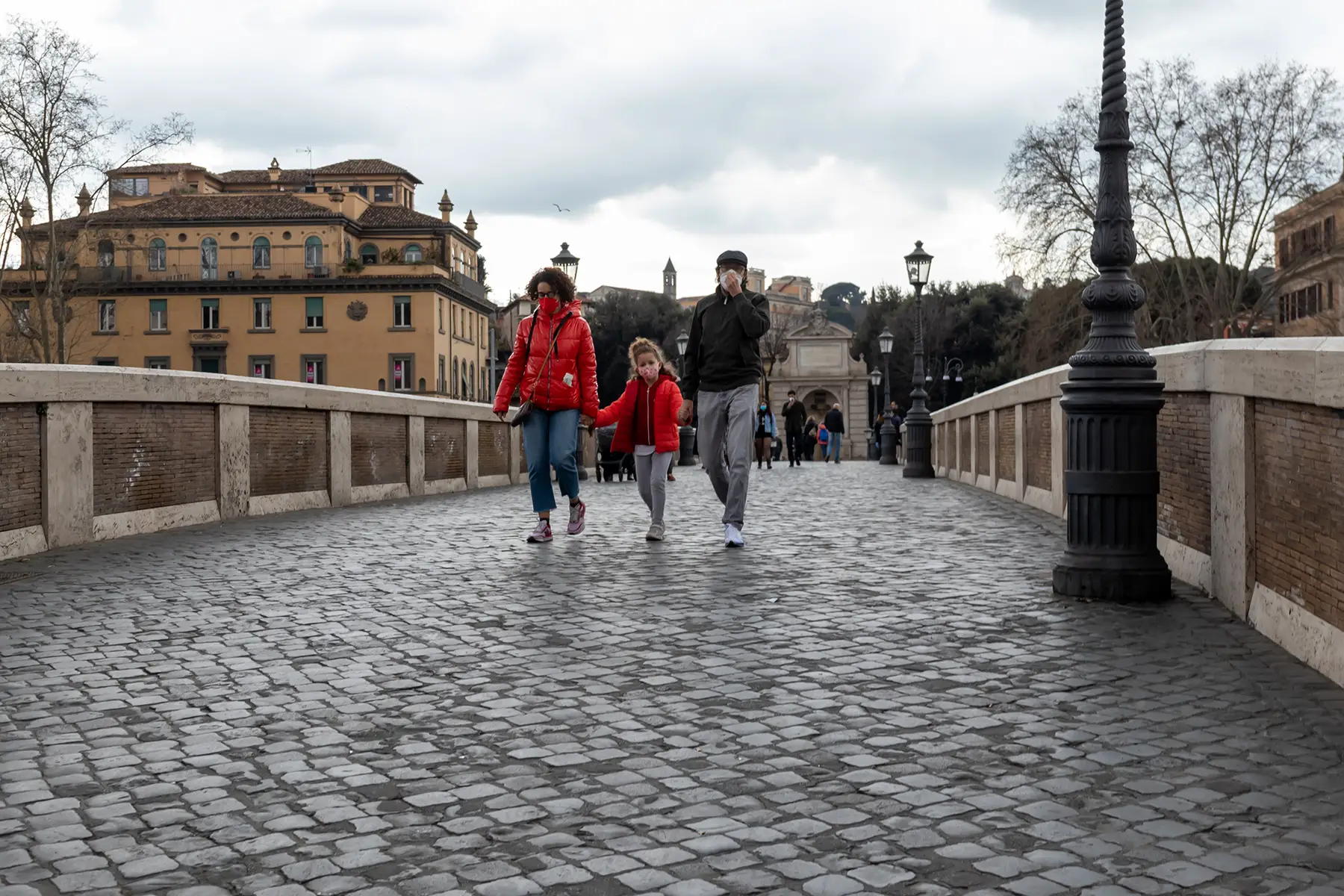
Generally, Italian children are very healthy. In fact, 98% of children 16 and under are in good or very good health – this is higher than the European average.
How to access healthcare in Italy for your children
Healthcare for those under 14 is provided through the parent’s SSN. Additionally, though there is no cost for healthcare, there may be a co-payment charged if your child is referred to a specialist or has to take certain medications.
Fortunately, prices tend to be low – prescribed procedures cost up to €36.15 in 2022. You can make a co-payment (ticket sanitari) through the post office, pagoPA, pay points in hospitals, and some shops and tobacconists (tabacchi). Children and the elderly in low-income households do not need to make co-payments for procedures.
Public healthcare for children
Public healthcare is available for children of citizens and legal residents of Italy, while undocumented people can only access essential and urgent care. Because there is no way to opt out of public healthcare, most people use at least parts of the public healthcare system.
However, since the healthcare system is decentralized around 19 regions and two autonomous regions, the quality of healthcare varies. Of course, larger cities may have more healthcare resources, but they may also have longer wait times since more people use the services.

For a child to enroll in public healthcare, their parent or guardian must be enrolled in the SSN. Your local health unit (Azienda Sanitaria Locale – ASL) will help you enroll and provide guidance on the next steps. The ASL will also be able to advise you on whether you need to pay (and how much) for enrollment, depending on your immigration status and income level. Be sure to go to the ASL with the following documents:
- Passport/ID for parent and child
- Residence permit
- Italian tax code
Private healthcare for children in Italy
Although public health insurance is enough to cover most people’s needs, about 10% of people opt for supplementary private insurance. Keep in mind that it can be tricky to get an appointment with a public doctor – some only accept appointments during office hours, and some prefer not to schedule appointments too far in the future.
In any case, be sure to discuss questions like office hours, regular and urgent appointments, and how to get prescriptions and lab work done with your doctor during your first appointment. This will help you determine if they are a good fit for you.
If you’re interested in private doctors, there are plenty of private insurance providers that work in Italy. Choosing the best one will depend on your budget, family size, and health needs. For a family of four, private insurance may cost between €1,300 and €2,300 annually. Children are generally added to their parent’s private health insurance, instead of needing their own separate insurance policies.
Health insurance companies in Italy include:
Taking your child to an Italian pediatrician
Parents generally register their children with the same pediatrician that can track their health and progress for years. In fact, the Italian government requires all children to have a chosen primary care doctor.
In Italy, children up to age six usually work with primary care pediatricians (PCPs), also called family pediatricians (pediatri di famiglia). Between ages six and 14, parents can choose whether to register their child with a PCP or a general practitioner.
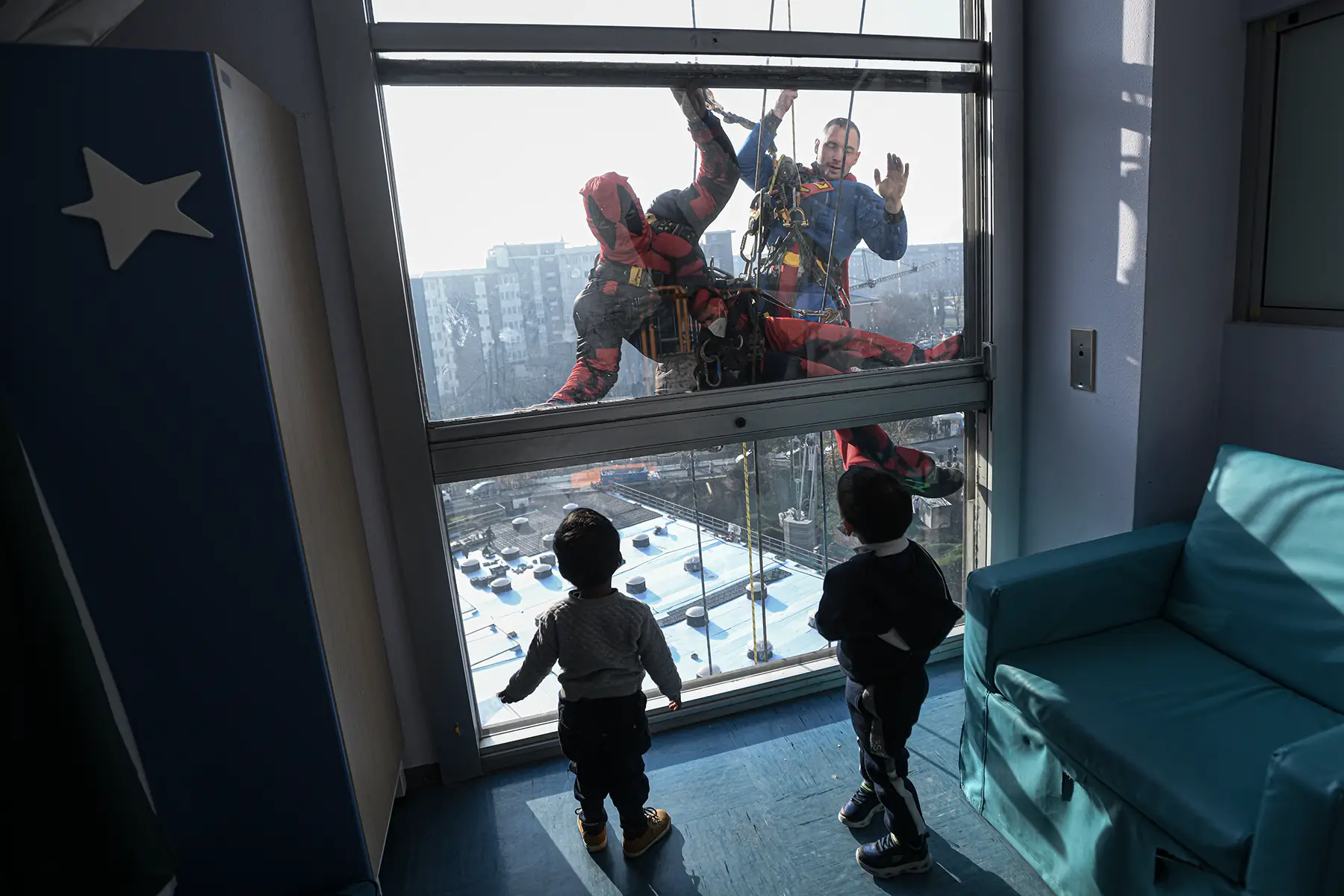
Pediatricians offer outpatient and home visits for prevention, diagnosis, and therapy. They can also prescribe medicines for your child, refer them to hospitals and other treatments, and give vaccinations. If your child requires a medical certificate to return to school or nursery after being unwell, your pediatrician can provide this. You will need to pay for visits from a pediatrician other than your usual one and out-of-hours visits.
Keep in mind that doctors in Italy are not required to speak English. So, if you want to be certain that you can communicate with your child’s doctor in English, you may want to seek a private doctor. To find local English-speaking pediatricians, check out DoctorsinItaly.
Routine childhood health checkups in Italy
Children’s healthcare in Italy is a robust system – during a child’s early years, their progress is tracked through routine doctor’s visits. These regular visits mean that the doctor can keep an eye on the child’s wellness and suggest any necessary interventions or referrals.
Fortunately, because Italian children must have a designated primary care doctor from birth, children can swiftly get care for any emerging health issues.
Vaccinations in Italy for children
In July 2017, due to a steady decrease in vaccinations in Italy, the government mandated 10 vaccinations for children up to 16 years old. Without these vaccines, children may not attend kindergartens, nurseries, and schools. The required vaccinations are:
- Pertussis
- Measles-mumps-rubella (MMR)
- Varicella
- Haemophilus influenzae type b (Hib)
- Diphtheria
- Tetanus
- Hepatitis B
- Polio
Taking your child to see an Italian doctor or specialist
Once you find a pediatrician or a GP that you and your child like, you can register with that office. It’s important that your child see one doctor consistently so that they can keep an eye on their growth and development. GPs also serve as the first point of contact for any health concerns – they can refer you to specialists and suggest higher levels of care. Fortunately, all specialties are available in Italy, especially in larger cities, which tend to have more resources.
Children’s hospitals in Italy
Children’s healthcare in Italy includes 12 dedicated children’s hospitals throughout the country. If your child has chronic health issues that need a more involved level of care, this will likely come at the recommendation of their GP. If you are having an emergency, you should go to the nearest hospital (children’s or otherwise), where you will receive the necessary care.
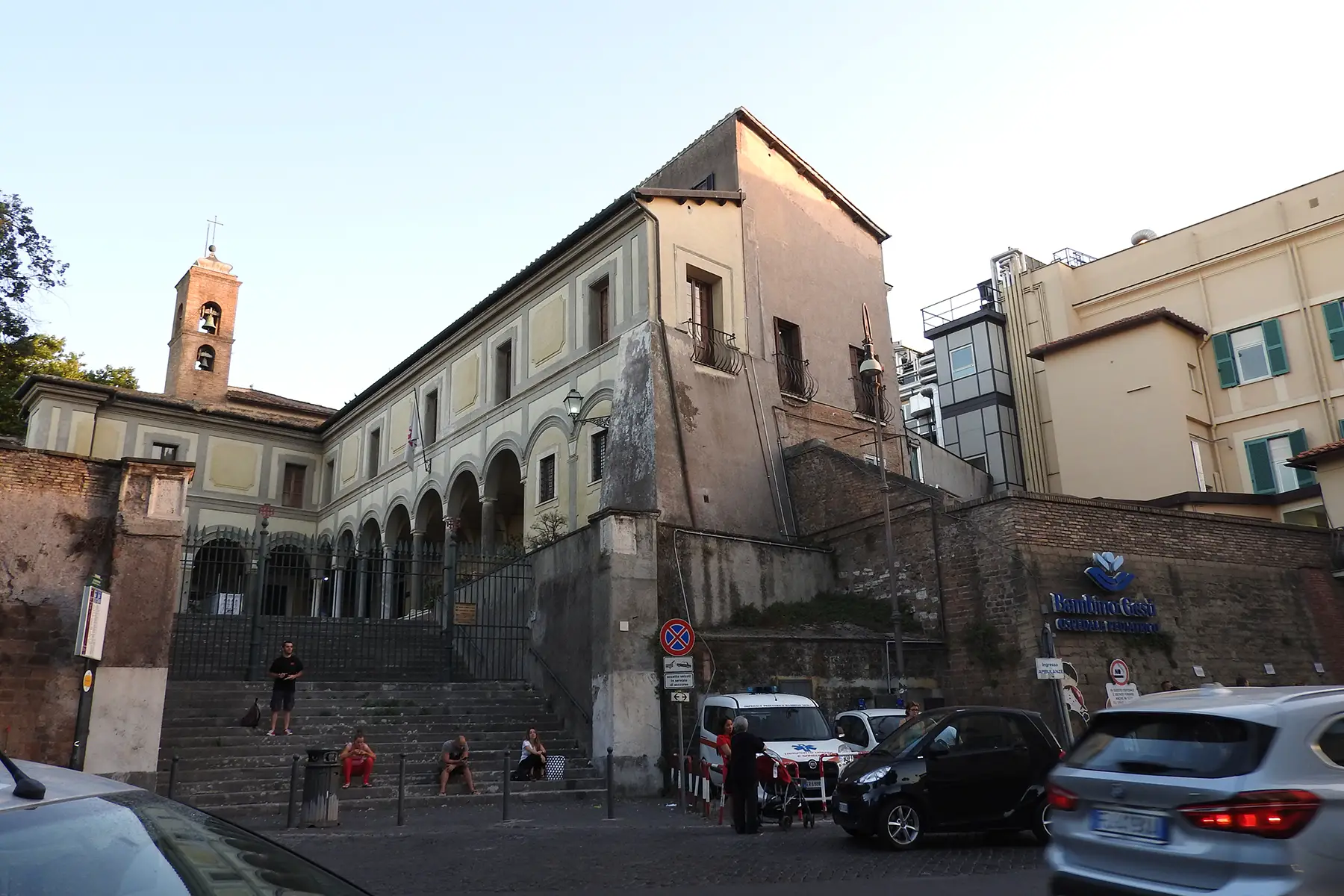
Some of the biggest children’s hospitals in Italy include:
Children’s dental care in Italy
Italians generally have very good oral hygiene – in fact, Italy was voted as having the best oral health in Europe. Although dental care is not usually covered in public healthcare, it is covered for children aged 14 years and under. To find out more about costs and covered treatments, you’ll need to speak directly with a dental office. They will be able to explain more about your specific situation.
Italian mental healthcare
Mental health disorders are a serious concern throughout Europe – in fact, 19% of European boys and 16% of European girls suffer from mental health conditions. If your child is seeking support, the best bet is to start with their primary care doctor. Ideally, they can recommend treatment, such as a therapist for your child to talk to. Alternatively, you can find mental health professionals through sites like International Therapist Directory. Children who want to speak to someone directly about their struggles can turn to the Telefono Azzurro, which prioritizes the safety and well-being of all children.
Preventative healthcare programs for children in Italy
There are several important actors in Italian children’s healthcare – parents, schools, and pediatricians all play an essential part. Because most children see their doctor once a year, pediatricians are a great way to keep an eye on a child’s development. However, other community and educational initiatives can benefit your child’s health, such as the Active School program, run by Sport e Salute. This program encourages sport and exercise within Italian primary and secondary schools. Additionally, Telefono Azurro runs very helpful programs that promote internet safety among young people.
Useful resources
- DoctorsinItaly – English-speaking doctor directory
- Telefono Azzurro – mental health support line for children
- ASL – Local Health Unit locations


